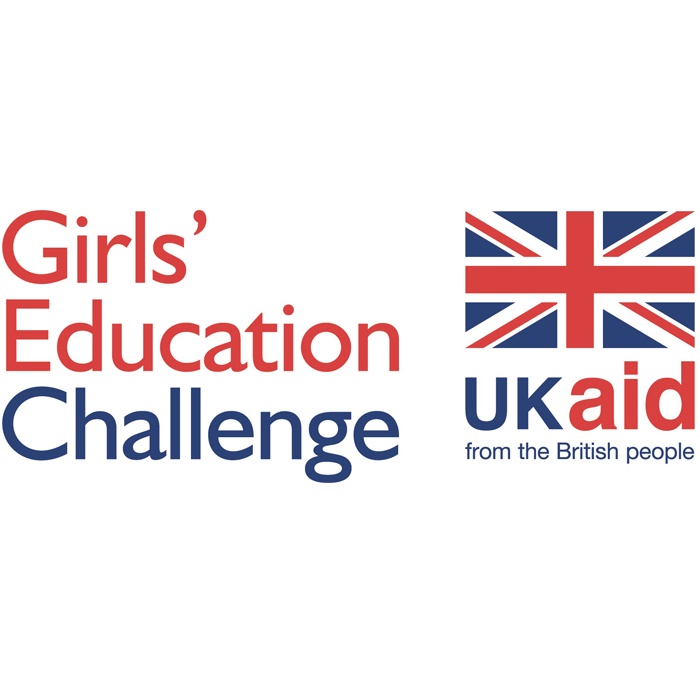The Independent Evaluator of the Girls’
Education Challenge Phase II is inviting proposals for its Rapid Research and
Learning Fund (RRLF) that examines issues pertaining to girls’ education in
crisis situations including but not limited to COVID-19. This also includes,
but is not limited to, investigations into how interventions have responded to
crises to develop resilience (of both the girls and the education systems in
which they reside) and promote recovery efforts.
The proposals are invited to explore the overarching theme of
“Resilience and Girls’ Education in the face of crisis”.
The Independent Evaluation (IE) is being
conducted by a consortium of partners: Tetra Tech International Development
(Tetra Tech), the Research and Equitable Access and Learning (REAL) Centre at
the University of Cambridge, Fab Inc., and a number of academic and data
collection partners across Girls’ Education Challenge (GEC) II countries.
Drawing on the experience of GEC projects, the
RRLF aims to commission and deliver a demand-driven portfolio of research to
enhance the evidence-base on girls’ education in Sub-Saharan Africa and South
Asia. The evidence generated through the Rapid Research and Learning Fund
(RRLF) aims to inform GEC project grantees, its Fund Manager, FCDO
policymakers, as well as researchers.
Health, political, economic and environmental
crises and emergencies place immense challenges on education systems. The
effects on girls’ learning and well-being can be considerable, often
disproportionately affecting the more disadvantaged. This has become even more
apparent in the light of COVID-19.
Funding Modalities
The RRLF will support research projects under
two modalities:
- Small research projects with a
duration of up to 10 months and a budget between £50,000 and £100,000.
These can include research projects that analyze secondary GEC data, other
relevant data sources, or those undertaking small scale data collections.
- Medium research projects will
provide funding to projects for duration between 10 and 16 months, and a
budget between £100,000 and £300,000. Projects under this category must
undertake new quantitative, qualitative and/or mixed methods data
collection, and can include secondary data – notably GEC data – in their analysis,
in order to answer the proposed research questions.
Eligibility Criteria
- Eligible countries:
- Research projects must be
relevant to the research and learning objectives of the GEC, with a focus
on countries where GEC II projects are being implemented: Afghanistan,
Democratic Republic of Congo, Ethiopia, Ghana, Kenya, Malawi, Mozambique,
Nepal, Nigeria, Sierra Leone, Somalia, Pakistan, Rwanda, Tanzania,
Uganda, Zambia and Zimbabwe.
- The choice of country
/countries will depend on the research question that is being asked and
the approach to responding to it.
- Eligible organisations:
- The RRLF encourages
collaborative research, including through the participation of
organisations with different disciplinary backgrounds, so long as they
can provide evidence of a solid track record of delivering high-quality
research.
- This includes academic
institutions, research-focused think-tanks, NGOs and consulting
companies, as well as independent researchers or teams of independent
researchers collaborating with these different types of research
institutions.
- Research institutions and
researchers based in low and lower-middle income countries (LICs and
LMICs) are strongly encouraged to apply, independently or in partnerships
/collaboration with research institutions and researchers based in the UK
and other upper middle- and high-income countries.
- Partnerships should consider
the opportunities for reciprocal collaboration and capacity building.
- Research institutions
/organisations that are or have been evaluating GEC II projects are
eligible to apply. They will need to reveal their status and any
potential conflicts of interests (CoI) in the proposal and must include a
plan for how these will be mitigated and managed throughout the duration
of the contract.
- While GEC II implementing
partners and Independent Evaluation consortium members will not be able
to apply for funding directly (as lead investigators), they may
contribute to research being conducted by another organisation or as part
of a consortium. In all of these cases, this must be clearly disclosed in
the proposal.
- Research institutions can only
lead on one proposal per round, although they can be part of a second
application in the same round if the proposal is led by another
organisation.
Post Date - 30-Nov-2020
